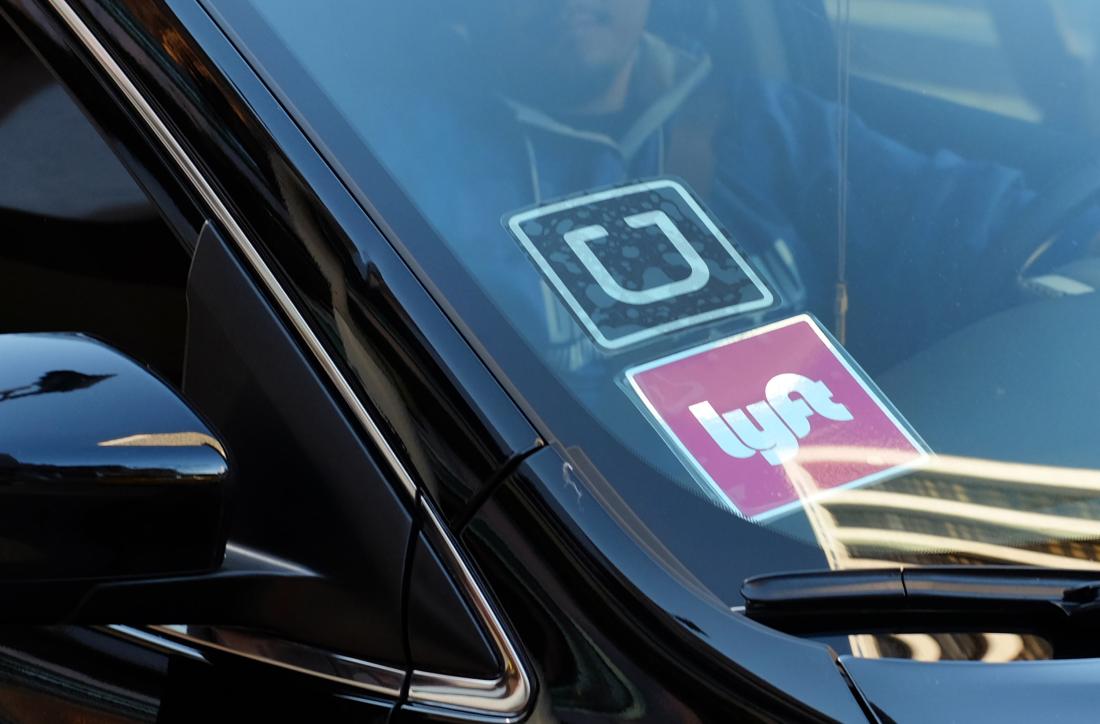
With millions of Americans becoming increasingly reliant on ridesharing services like Uber and Lyft to take them where they want to go, a rather troubling study has been released, suggesting that thousands of ridesharing vehicles may be picking up passengers, even though they may have one or more unaddressed vehicle recall notices to deal with.
What the Study Found
When both Uber and Lyft announced their IPOs earlier this year, a research team from Consumer Reports decided to review data from New York City and the Seattle area, and found that a significant number of ride-hail vehicles registered for Uber and Lyft service – about one in six – are subject to recall, which means they carry unaddressed Auto safety defects.
In all, researchers took a look at nearly 94,000 vehicles that are registered to operate with either Uber or Lyft in both New York City and King County, Washington, which is where Seattle is. They chose those two municipalities because they require ride-sharing drivers t register their vehicle and to obtain an additional license that must be registered with regulators. That made it easier to identify ride-sharing vehicles.
Researchers then compared those vehicles with the records for open safety recalls and found numerous vehicles with obvious issues involving serious risks, including defective Takata airbags, which could kill the driver and/or front seat passengers. They also found vehicles with the potential to catch fire, as well as some with an engine that could simply lose power suddenly and completely. In one case, in New York City, they found a 2011 Hyundai Sonata with an open recall that said, “Engine failure would result in a vehicle stall, increasing the risk of a crash.”
Some of the more troubling findings uncovered by the Consumer Reports study include:
- Of the 93,958 VINs reviewed by researchers, 15,175 of them (16.2%) had at least one open safety recall.
- At least 1,274 of the vehicles (1.4%) of the vehicles reviewed still had faulty Takata airbags, which have been linked to 16 deaths in the U.S. and 24 deaths worldwide.
- Some of the vehicles reviewed had more than one open safety recall. At least 25 vehicles accepting ride sharing passengers had five or more unaddressed safety recall issues.
- While, in Seattle, Uber and Lyft both claim that vehicles should be less than 10 years old, the survey found at least 40 vehicles registered to one or both companies that were model years 2007 or older.
The survey also noted that both Uber and Lyft take only minor steps to ensure open safety recalls are addressed, with both companies putting the responsibility on drivers to fix the problems.
What Can Be Done?
In the wake of the revelation of the study’s results, Consumer Reports released a statement declaring that “Uber and Lyft are letting down their customers and jeopardizing their trust. … Uber’s website says people can ‘ride with confidence,’ while Lyft promises ‘peace of mind,’ yet both companies fail to ensure that rideshare cars are free from safety defects that could put passengers at risk.”
The study noted that it is not clear whether or not any ridesharing customer has been injured as a result of an unaddressed recall defect. The study also notes that the rate of recalls is about the same as the public at large. However, they pointed out that ride-sharing companies are aiming to transform how people get around, the potential problem is bound to grow and could eventually have an impact on the public at large.
Accompanying the release of this report was an additional statement from Consumer Reports, recommending that stronger recall safety laws are needed, especially as Uber and Lyft continue to grow and other, smaller players enter the competitive landscape in the future. While Uber and Lyft make a moderate effort to limit the vehicles their drivers must use – the car must be no more than 10-15 years old and must be legally registered – when one out of six of their vehicles is subject to a safety recall that has not been addressed, something else should be done.
